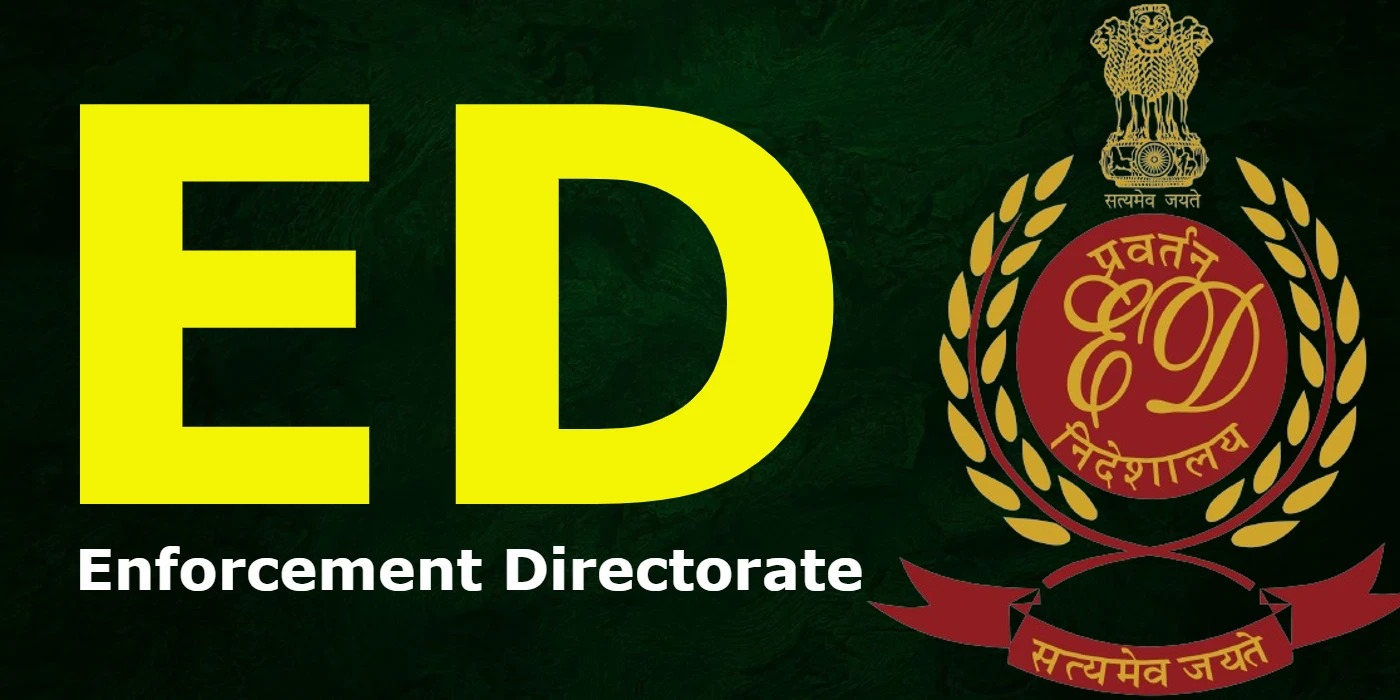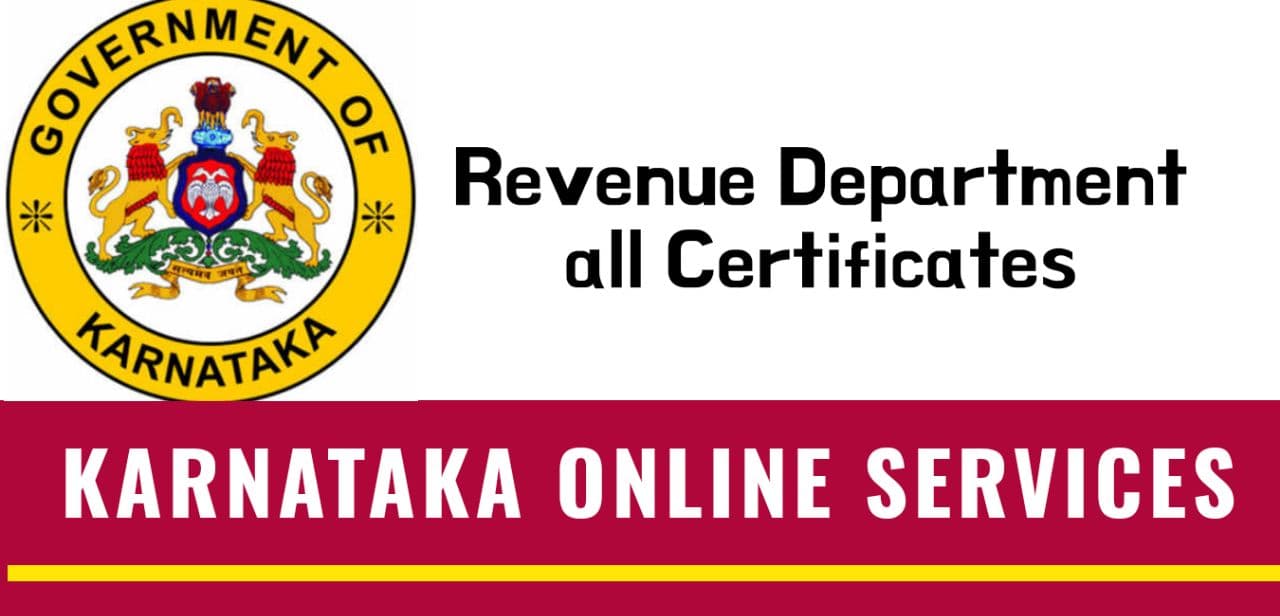Prabha Sridevan, J.@mdashA young man studying in B.E. final year Computer Science and just 22 years old was travelling to his college on his Yamaha motorbike when the insured vehicle, namely, Tempo bearing registration No. TN 55-A 7846 collided with his vehicle resulting in his sustaining grievous injuries. He made a claim for Rs. 40,00,000. The Tribunal awarded a sum of Rs. 18,63,900. Against that, the insurance company has filed the appeal.
2. The claimant has filed the Cross-Objection No. 14 of 2007. Though it is not listed, we have considered the present appeal from both the angles. The finding of negligence of the driver of the insured Tempo is not seriously challenged. Therefore, the liability of the insurance company to pay the compensation is not in dispute. What is in dispute, however, is the quantum.
3. The learned Counsel for the appellant submitted that the Tribunal ought not to have adopted the multiplier method for awarding compensation especially since the claimant''s avocation will not be affected by the disability to his right leg. The learned Counsel submitted that had the claimant been a coolie or a labourer who requires physical movement, the diminishment of his earning power may be greater. But the person who sits in his desk and performs his work will not be seriously affected by the lack of mobility of his right leg. The learned Counsel submitted that though the claimant had stated in his petition that he missed his final year because of his injury and, therefore, he lost the possibility of securing a good post when the campus placement took place, he submitted that though it is stated in the claim petition that because he wrote the exam on the second attempt he was not awarded first class, these are areas of conjecture and the Tribunal ought not to have taken note of the facts for awarding the compensation. The learned Counsel submitted that both the fixing of the salary and the adoption of the multiplier has resulted in an excessive claim.
4. The learned Counsel appearing for the claimant/cross-objector/respondents submitted that the Tribunal should have taken note of the fact that the claimant had undergone 11 surgeries and the physical trauma and psychological trauma that he must have undergone by him could be well imagined. He was an inpatient for a period of three months in the hospital, there had been a hip replacement surgery, the right leg has been shortened by 5 cm and the injured-claimant is unable to wear shoes and even for walking and climbing stairs he requires assistance and he requires future treatment, for instance, physiotherapy treatment which the Claims Tribunal had ignored.
5. The learned Counsel submitted that it had been the driver of the injured vehicle who had driven the vehicle in a rash and negligent manner and hit against the claimant. If the accident had not occurred the claimant would have completed M.C.A. or M. Tech. and could have got a foreign job and could have earned as much as his friends had done and even in his evidence, he had stated that some of his friends are earning a sum of Rs. 30,000 per month and some have gone to London and are earning a sum of Rs. 70,000 per month.
6. With the photocopies of the evidence furnished to us by the learned Counsel for the claimant, we have gone through the records. From the evidence, we are able to see the pain and suffering that the claimant had suffered because of the accident. The numerous surgeries, several months residing in the hospital as inpatient and continued physiotherapy were all parts of the rehabilitation programme. There is no dispute that what had happened to the claimant had probably nipped a better career and also the opportunity of getting a job in a foreign country. But we cannot take into account such uncertainties while assessing what is "just and reasonable compensation". It is in his evidence that after the injury he could not take part in the exam that took place at that relevant point of time but subsequently, he wrote his exam and had in fact obtained more marks. However, because of the accident he had not written his exams the first time and so he was only given a second class. Claimant has spoken of the giddiness and slight forgetfulness, as the outcome of the accident. However, we see that he has cleared the last semester exams and has scored higher marks after the accident.
7. Therefore, with this in mind we will assess the compensation payable to him. The Claims Tribunal had awarded a sum of Rs. 5,75,900 towards medical expenses on the basis of the vouchers Exhs. P4, P5, P7, P30 and P31. We confirm the same. He had been an inpatient for five months intermittently over a period of 272 years and he had taken treatment in Ganga Hospital, Coimbatore and since he could not travel by bus he had taken a tourist taxi and the expenses so incurred were proved by Exh. P8 and spoken to by PW 4. The Tribunal has awarded a sum of Rs. 68,000 towards travel expenses and we confirm the same. Since he had undergone 11 surgical operations it was necessary that he had attendants with him to take care of him. Since only one person could stay in the hospital, others stayed in the nearby hotels and, therefore, the Claims Tribunal awarded a sum of Rs. 50,000 as expenses for attendant''s care. We confirm the same. For the loss of amenities, for the possible loss of marital prospects and for the inconvenience, hardship, frustration and mental stress, the Claims Tribunal had awarded a sum of Rs. 1,50,000. We feel that it is fully justified.
8. We now come to his loss of earning capacity or permanent disability. There is no evidence for this except the statement of the claimant, PW 1. But we do not think that it is an unreasonable figure, considering his qualification. Therefore, we will accept the figure as fixed by the Tribunal, i.e., Rs. 10,000 per month. But the Tribunal had fixed 50 per cent as the disability. We find that on the basis of the evidence of PWs 3 and 5, the Tribunal had fixed his physical disability at 60 per cent and disability to his nervous system at 25 per cent. PW 3 is the orthopaedic surgeon in Salem Government Mohan Kumaraman-galam Hospital and he had given evidence as PW 3. Through him the X-ray, etc. have been marked and also the disability certificate, Exh. P23. In his cross-examination, he has stated that it is possible for the respondent-claimant to sit in a chair and work. At the same time, he had stated that it may not be possible for him to keep his foot hanging down for a long time. PW 4 is the neurological surgeon at Salem and he had certified his disability at 25 per cent. He is not the surgeon who treated the claimant. While fixing the disability for assessing the loss of earning capacity, we have to look at the avocation of the claimant also and the extent to which he can continue to pursue the avocation. The learned Counsel for the respondent/cross-objector relied on
(26) The petitioner was inpatient from 18.8.1995 to 14.2.1996. Exh. P20 is the discharge summary. Exh. P21 is the card issued by V.H.S. for her treatment therefrom 11.2.1997 to 11.2.1998. Exh. P22 is the certificate issued by the Dean and Exh. P23 is the admission and discharge certificate which reveal that the petitioner was an inpatient from 17.4.96 to 15.6.1996, 10.7.1996 to 9.9.1996, 23.12.1996 to 13.1.1997, 20.1.1997 to 2.4.1997 and 4.4.1997 to 19.5.1997. The petitioner was also a dancer. The medical evidence proves that petitioner cannot regain her old position and act as a dancer. PW 8, mother of the petitioner has spoken in her evidence that her daughter, the petitioner, sustained head injury in the accident and she and Dr. Parimala looked after her daughter. PW 6 also says that the petitioner is dumb and deaf and she is also unable to work. PW 8 mother of the petitioner is now taking care of her daughter since her daughter is unable to take care of herself.
The learned Counsel submitted that that was also a case of a student. But a reading of the above judgment shows that the claimant had lost her capacity to hear and speak and in fact, the evidence was given by the mother as PW 8 and it is evident that her life has become totally useless and further even for her daily existence work she depends on somebody else. In these circumstances, the Tribunal fixed the income at Rs. 10,000 per month and adopted the multiplier 18 for arriving at the total loss of income. That was a case where the claimant was unable to work at all. This case is different. The claimant is in a vastly better position. You might even say, that for his work his disability will not be a great deterrent.
9. In this case, we find that claimant had pursued his studies and completed his engineering course after the accident and shortening of his right leg will not in any way affect the work that he is equipped for, that is, in computers and electronics. However, the disability as fixed by the neurologist is taken into consideration and taking into account, the trauma caused to him, the disability is fixed at 30 per cent and based on that the total loss of income is fixed at Rs. 6,12,000 (Rs. 10,000 x 30 per cent x 12 x 17). The quantum fixed by the Tribunal on the following heads are not interfered with:
Towards pain and suffering Rs. 1,50,000 Towards transport Rs. 68,000 Towards medical expenses Rs. 5,75,900 Towards attendant''s care Rs. 50,000
The total award, therefore, would be a sum of Rs. 14,55,900.
10. In the cross-objection, the claimant had referred to future medical expenses. He has referred to physiotherapy treatment which he requires for his rehabilitation. Considering the nature of the injuries that he has suffered, the number of surgeries that he underwent as well as the hip replacement surgery, we do not think that the grounds raised by the cross-objector are unreasonable and we have to take a pragmatic view in this regard and, therefore, we round off the award to a sum of Rs. 15,50,000 by fixing Rs. 50,000 and Rs. 44,100 for possible future expenses and extra nourishment respectively. We hope that the respondent will use it for his own counselling so that he gets psychologically and emotionally restored.
11. In the result, the award of the Claims Tribunal is set aside and there will be an award of Rs. 15,50,000 (rupees fifteen lakh fifty thousand) together with interest as awarded by the Tribunal. The appellant had deposited the entire amount. The appellant may withdraw the excess amount deposited and respondent/cross-objector shall withdraw the balance of his compensation which remains in the deposit as awarded by us.
12. The civil miscellaneous appeal and the cross-objections are disposed of accordingly. However, there will be no order as to costs.

